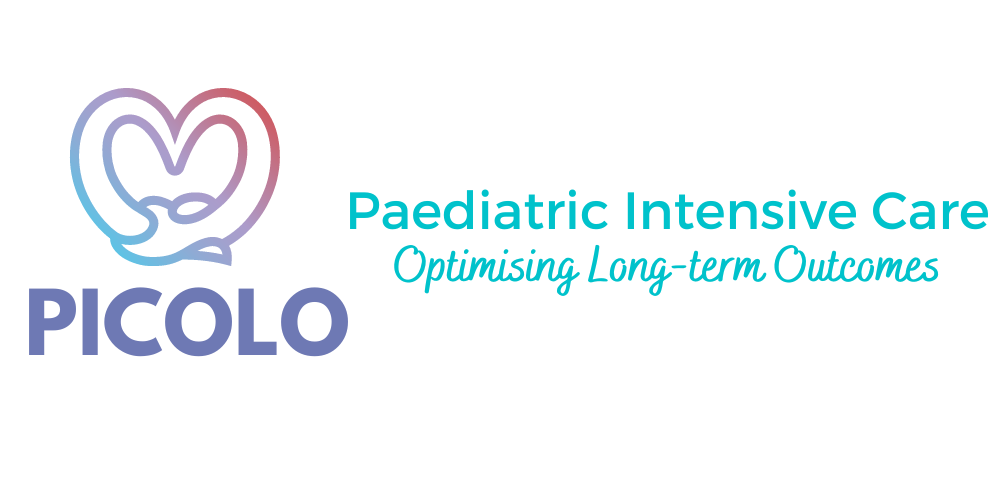PICU-CARE
Feasibility of an early intervention to prevent persistent traumatic stress reactions in young children admitted to intensive care
Our colleagues have developed an early intervention program (Coping with Accident Reactions – CARE) that reduces psychological distress in young children with burns and traumatic injuries.
The aims of the PICU-CARE study are to prevent posttraumatic psychological distress in very young children (aged 1-6) discharged from PICU by adapting CARE specifically for PICU patients.
Being treated in the PICU can be psychologically and emotionally difficult for children. Up to one quarter of PICU survivors will experience clinically significant post-traumatic distress after discharge (Dow, Kenardy, Le Brocque, & Long, 2012).
Such distress is associated with persistent psychological, emotional and physical disfunction and poorer health-related quality of life (Landolt, Buehlmann, Maag, & Schiestl, 2009; Seng, Graham-Bermann, Clark, McCarthy, & Ronis, 2005; Zatzick et al., 2008).
Despite this, usual care fails to offer screening, early intervention or follow-up to support these children and families after discharge.
The study will contain two distinct phases:
Phase 1 aims to engage 10-20 parents/carers and clinical staff to tailor the adaptation of the intervention for PICU patients (i.e. develop PICU-CARE).
Phase 2 aims to test the feasibility and acceptability of PICU-CARE for use within the PICU context, in a pilot, randomized, wait-list control trial.
It is expected that this study will show that our intervention is feasible in the PICU context and acceptable to families, which will lead to further research to establish the efficacy of the intervention in preventing psychological distress.
Project investigators: Belinda Dow, Grace Scott, Debbie Long, Alex De Young, Justin Kenardy
If you would like to know more about this study, please contact us.


